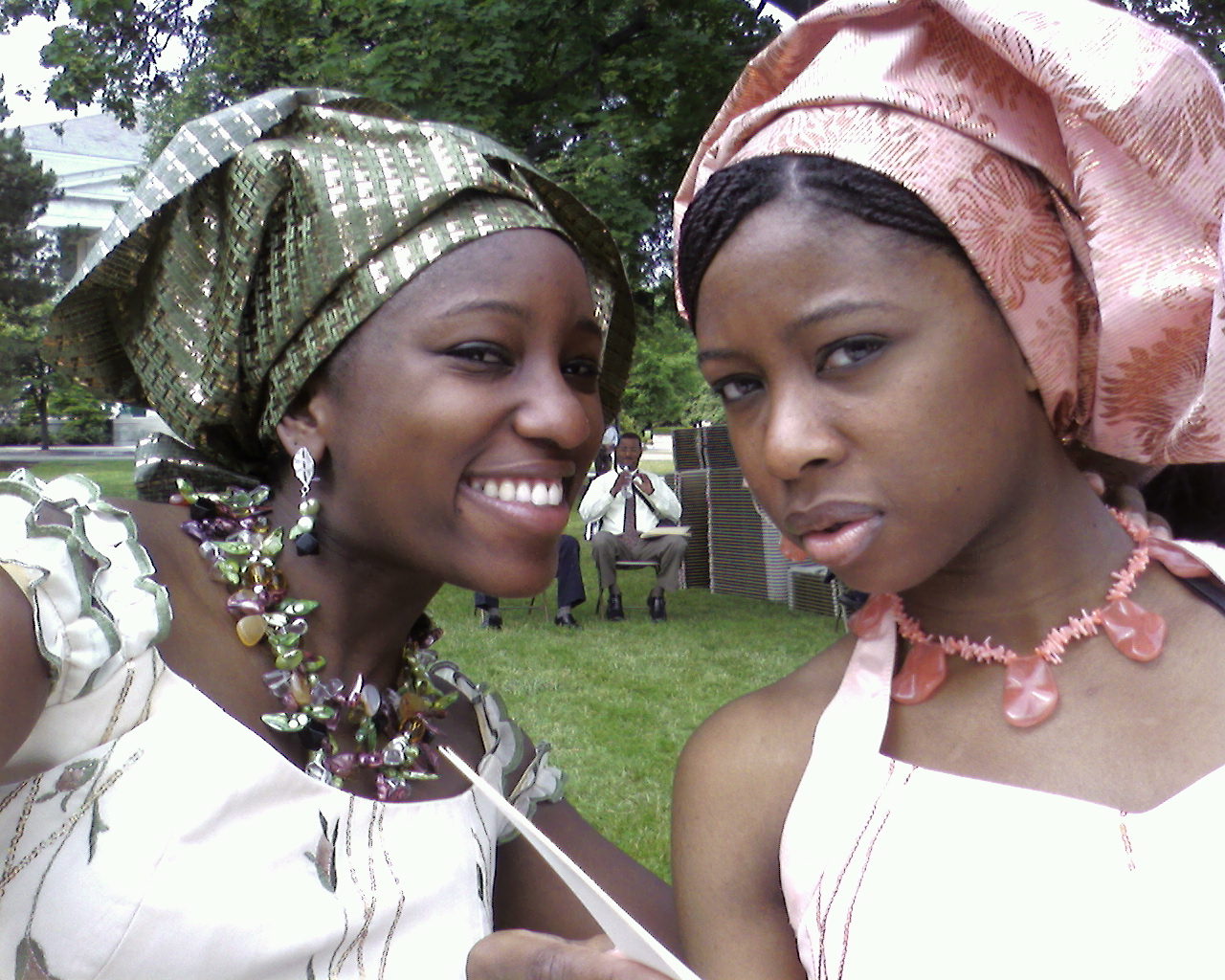Activism, for so many of queer women of color, is a constant negotiation of which ism to address. We don’t have the luxury of snubbing everyone that offends us, or we would have no where to go. We can't -- and shouldn't have to -- fight everyone. As a direct…
-
Afrofeminism - Blog - Community Organizing - Gender and LGBT Issues - QWOC+ Boston - Race, Culture, Ethnicity
-
We Will Not Be Unwritten: Preserving Queer Women of Color History
A few weeks ago, the Fenway Women’s Health Team posted a blog on Bay Windows about their upcoming 2nd annual women’s health fair. QWOC+ Boston had organized and tabled at this event for the past three years. Yet, written in an authoritative third person omniscient voice was the line, “Thanks to the…
-
African Feminism - Afrofeminism - Blog - Gender and LGBT Issues - Interviews - LGBT Africa - New Media - Special Series
Kitchen Table Conversations: LGBT African Diaspora Speak on Culture, Queerness, and Media
In partnership with Women, Action, and the Media (WAM!), I’m hosting a virtual panel that features the perspectives of LGBTQ African Diaspora on African culture, queer identity, and the media. The focus of the panel will in part be driven by pre-submitted questions from listeners, but will also aim to highlight the…
-
Reflections of a Straight Girl: What Does It Mean to Be an Ally?
My sister Zara, wrote this recently for me (it is also posted on her blog @ ZaraChiron.com). If you have siblings, parents, family members etc, that haven't yet come around, I hope you find inspiration in this piece, to be patient (and brave) enough to remain open to their own…
-
New Narratives, New Voices: Why I Hate the Word Diversity
But in my fight for "diversity", I've often found myself pigeon-holed into choosing on one fight -- the "people of color" fight -- over others (sexism, immigration etc), and losing critical ground on those other fronts as a result.
Online rulet oyunları gerçek zamanlı oynanır ve online slot casino bu deneyimi canlı yayınlarla destekler.
İnternet üzerinden eğlence bahsegel giriş arayanlar için deneyimi vazgeçilmezdir.
Kullanıcıların hesaplarına hızlı ve sorunsuz bettilt ulaşabilmesi için adresi her zaman güncel tutuluyor.

